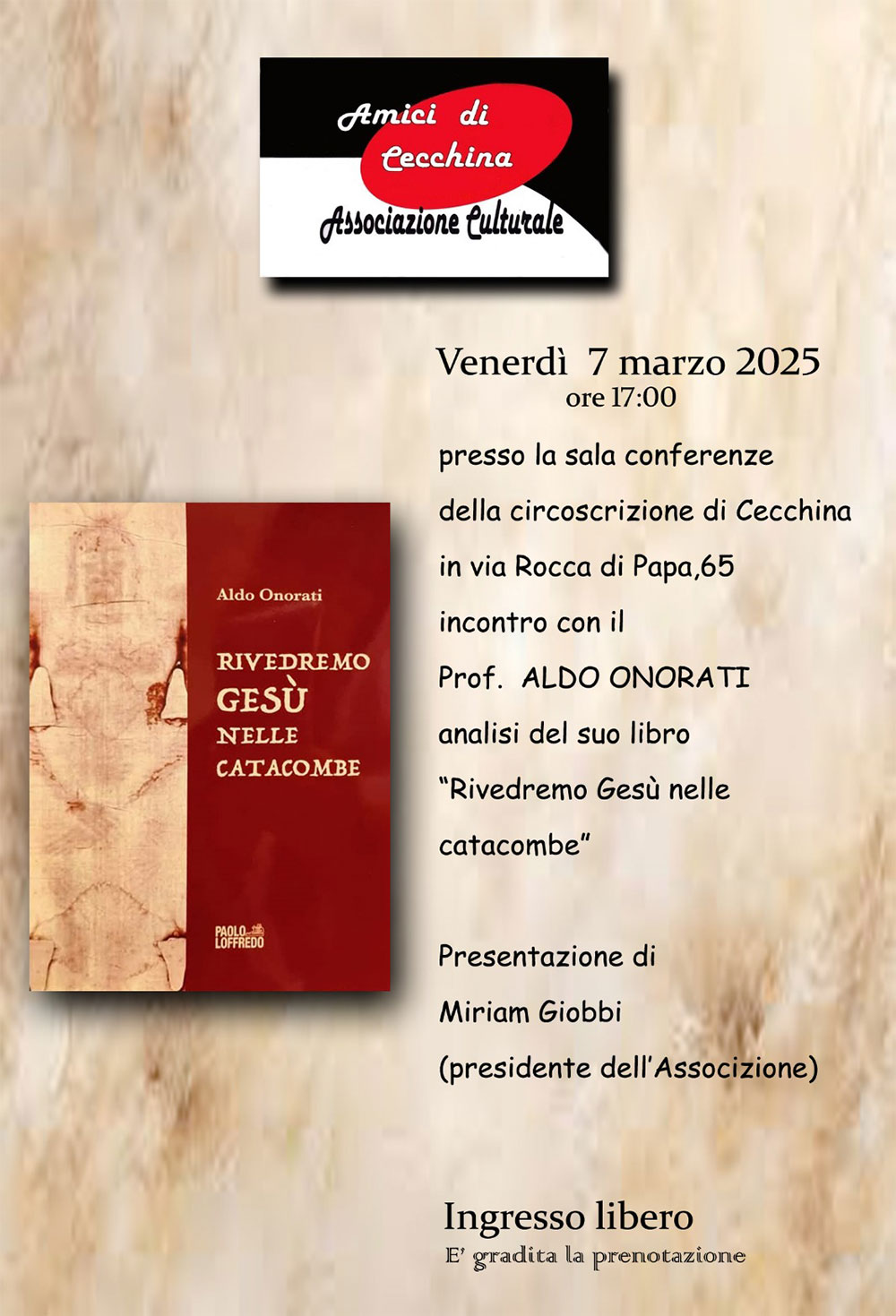 Paolo Loffredo, sixth generation of a large family of publishers and booksellers engaged in the production and distribution of books since the late nineteenth century, creates in 2012 the new editorial company Paolo Loffredo Editore. The historical site was until the '80s in the heart of the historic centre of Naples in Via San Biagio dei Librai, lower Decumano and also known as the SpaccaNapoli.
Paolo Loffredo, sixth generation of a large family of publishers and booksellers engaged in the production and distribution of books since the late nineteenth century, creates in 2012 the new editorial company Paolo Loffredo Editore. The historical site was until the '80s in the heart of the historic centre of Naples in Via San Biagio dei Librai, lower Decumano and also known as the SpaccaNapoli.
At the beginning of the twentieth century, Giuseppe Loffredo decided to add book selling to the book production, which definitively imposed itself after World War II with the publication of manuals for the University and for the School that succeeded in establishing themselves soon throughout Italy.
LAST EVENT
"Rivedremo Gesù nelle catacombe"
07 Marzo 2025 - Sala Conferenze circoscrizione di Cecchina - via Rocca di Papa 65, Albano Laziale (RM) - ore 17,00

Fedone, o dell’anima – Dramma etico in tre atti
ISSN: 2611-3562
Language: Italian, Greek
Publisher: Paolo Loffredo Iniziative Editoriali

Description
Fedone, o dell’anima. Dramma etico in tre atti
In the Phaedo it is a question of the soul, of ideas, of death, of immortality, of philosophy. Yet it would be wrong to read the dialogue as a philosophical treatise on these issues: it is not said what the soul, what are the ideas, death is given at least three meanings, the evidence on the immortality of the soul are full of incongruities, if not real logical errors. Yet the dialogue has been read for centuries as the main text of Platonic "metaphysics", a text that, with its devaluation of the body and sensitivity, opened to horizons of spiritual elevation if not of a real mysticism. But if we try to read the dialogue not as a treatise on philosophy, but as a theatrical work, cured in every detail and with great attention to the "scenic" effects of the interlocutors' interventions, including those of the two actors on the scene telling and commenting "what was said and done" on that particular day, the day of the death of Socrates, we will find ourselves in front of a grandiose fresco of the Platonic philosophy. Because Plato, by telling and representing what was said and done on the day of the death of Socrates, in his cell, when the anguish and the emotion hovered over all those present, offers us a vivid picture of what it is, which should be , the philosophical life. In fact, this is what Plato puts on stage: characters who discuss philosophy, of what for them is philosophy. And they discuss it with all the complexity of the feelings that they sometimes feel: pleasure and pain, tears, smiles and laughter, lamentations, emotion, reasoning, hopes. On that last day in the cell of Socrates, the whole life of those men is summed up. And it also represents the sense of what is inevitably part of life, death, one's own death: facing death, Socrates, the philosopher, beyond what may be fears and hopes, his or others, not does that reaffirm the meaning of a life lived in moderation and justice and courage and freedom and truth.
The digital version is on sale on Torrossa.it
Author
Giovanni Casertano was ordinart professor of Ancient philosophy history at University of Naples Federico II. He is now doctor Honoris causa at the University of Basilia, and Enseignant-chercheur, Professeur des Universités de l’«Unité de Recherche Institut d’histoire de la philosophie» de l’Université de Provence (Aix-Marseille).
He mostly focused on the Presocratics and Platon, writing nearly 300 works. Between his latest works there are: Parmenide il metodo la scienza l’esperienza (1989), L’eterna malattia del discorso. Quattro studi su Platone (1991), Il nome della cosa. Linguaggio e realtà negli ultimi dialoghi di Platone (1996), La nascita della filosofia vista dai Greci (2007), Paradigmi della verità in Platone (2007), I Presocratici (2009), O prazer, a morte e o amor nas doutrinas dos Pré-socráticos (2012), Da Parmenide di Elea al Parmenide di Platone (2015), Una introduzione alla Repubblica di Platone (2015).



